10 Dietary Changes That Will Help With Uterine Fibroids


Improve Your Uterine Fibroids with Easy Changes to Your Diet
Uterine fibroids are benign — non-cancerous — growths located on the walls of your uterus. Around 25% of women have developed some by the time they reach reproductive age and over 70% of women have them by age 50.
In most cases, symptoms are very mild — you probably won’t even know that you have them. But — in around 25% of women — symptoms become problematic and can include:
- Heavy bleeding
- Abdominal pain
- Possible infertility
In some cases, these symptoms will require surgery. But simple dietary changes can be one of the best treatments for managing mild to moderate symptoms.

1. Eat More Greens
Studies show that diets rich in greens will decrease your likelihood of developing uterine fibroids in the first place.
Try adding a salad into your daily routine. Be sure to include lots of green vegetables — like spinach.
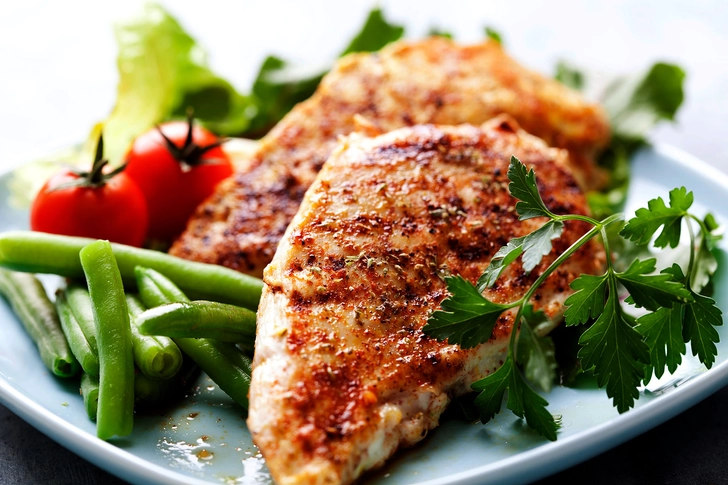
2. Eat Less Beef
Research on uterine fibroids shows that diets with a lot of beef can make your symptoms worse. Eating a lot of it is also a risk factor for the condition.
You don’t need to entirely eliminate beef but you shouldn’t eat it frequently. Instead, try to supplement your diet with white meat or the occasional vegetarian meal.

3. Cut Down On All Red Meats
It’s not only beef that can make your symptoms worse.
Cut all red meat from your diet and you’re likely to see the most improvement in your condition.

4. Eat Less Ham
Ham, in particular, has been linked to worse uterine fibroid symptoms.
Ham is processed meat and it’s unclear whether or not all processed meats can affect your symptoms. Try cutting them out of your diet for short periods and see how you feel.

5. Add a Bowl of Fortified Cereal to Your Routine
A number of nutrient deficiencies have been linked to worse symptoms from your fibroids.
Try adding a bowl of cereal — fortified with extra vitamins — to your morning routine.
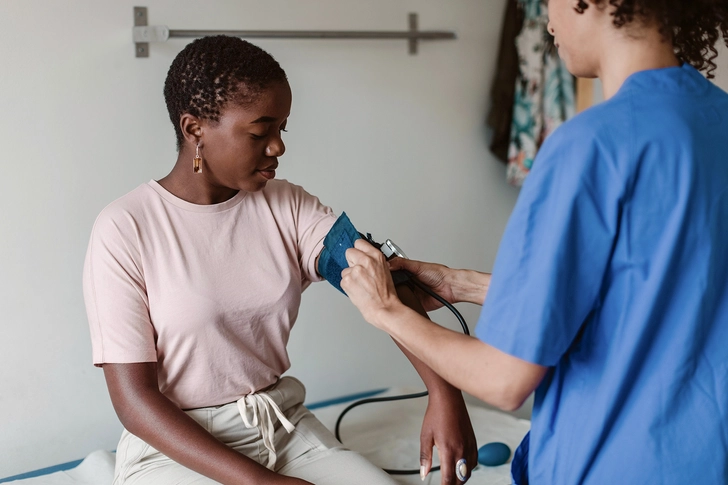
6. Stick To a Diet that Lowers Your Blood Pressure
High blood pressure is a risk factor for developing more severe uterine fibroids.
Stick to a diet that will help your blood pressure stay within a healthy range. This includes:
- Eating less sodium
- Eating more fruit
- Prioritizing unsaturated fats instead of saturated
- Choose whole-grain carbohydrates
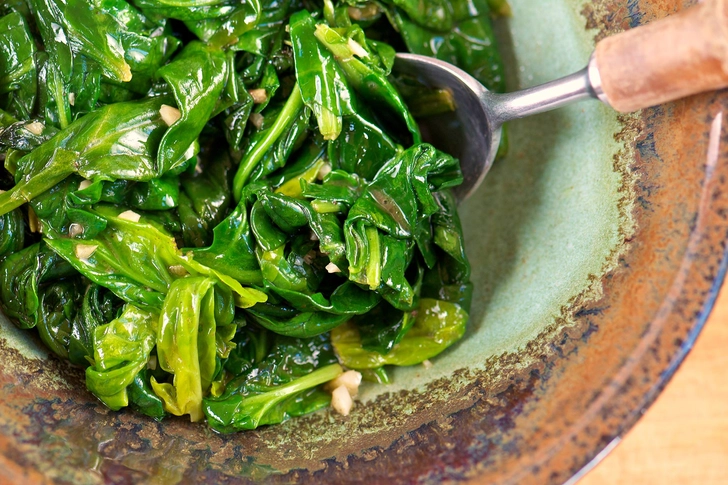
7. Increase Your Iron Intake
People with some uterine fibroid symptoms — like heavy bleeding — are at a much greater risk of becoming anemic. This is because you lose a lot of iron and blood each month.
Help combat this — and feel better — by eating foods rich in iron like:
- Turkey and chicken
- Tuna
- Boiled spinach
- Boiled kidney beans
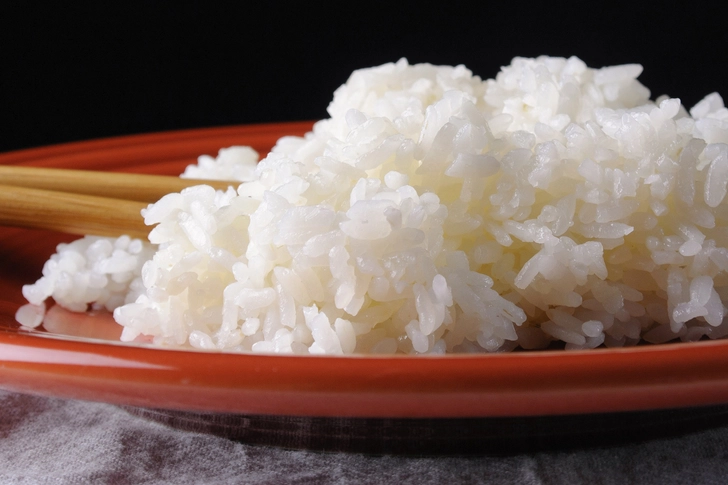
8. Increase Your Folate Intake
Folate — or folic acid — is a particular kind of Vitamin B that helps your red blood cells mature. Eat foods rich in this molecule to help combat fibroid-associated anemia.
Foods rich in folates include:
- Lentils
- Rice
- Spinach
- Corn
- Egg noodles
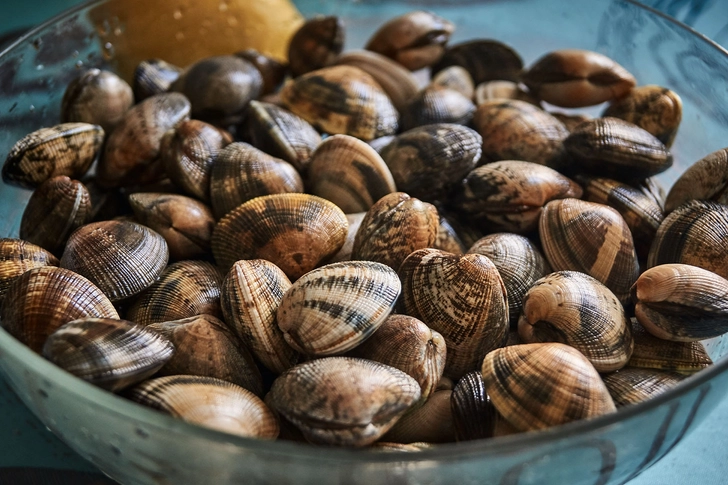
9. Increase Your Vitamin B-12 Intake
Add more of this type of vitamin B to your diet to help reduce anemia symptoms.
Foods rich in vitamin B-12 include:
- Clams
- Trout
- Tuna
- Yogurt

10. Practice “Watchful Waiting” with Dietary Changes
“Watchful waiting” is a good technique to try both with your dietary changes and when monitoring your fibroid symptoms in general.
Essentially make the necessary dietary change and then carefully observe your symptoms for the next few weeks. Note any improvements or lack there-of. Your doctor will do this over a longer time period and change your treatment plan based on the results.
Remember, uterine fibroid symptoms can differ from person to person — find the dietary changes that work best for you.
Photo Credits:
1) Grace Cary / Getty Images
2) Oscar Wong / Getty Images
3) loooby / Getty Images
4) Oscar Wong / Getty Images
5) JulPo / Getty Images
6) Jose Luis Pelaez Inc / Getty Images
7) Maskot / Getty Images
8) PoppyB / Getty Images
9) Ana_Penelope / Getty Images
10) Hanoisoft / Getty Images
11) JGI/Jamie Grill / Getty Images
SOURCES:
New York State Department of Health: “Uterine Fibroids.”
Johns Hopkins Medicine: “Fibroids.”
Harvard Medical School: “Beating High Blood Pressure With Food.”
Winchester Hospital: “Lifestyle Changes to Manage Uterine Fibroids.”
Winchester Hospital: “Iron.”
Winchester Hospital: “Good Food Sources of Folate.”
Winchester Hospital: “Vitamin B-12.”